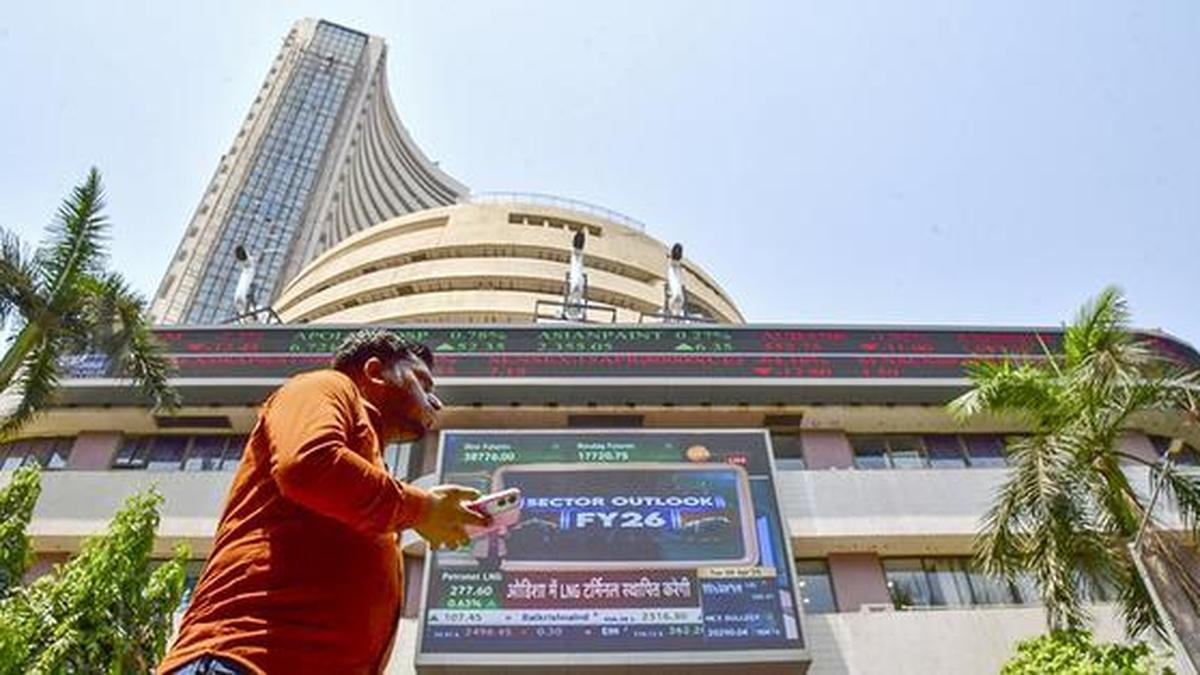- July 9, 2024
Make cable/DTH set-top boxes interoperable: Trai to I&B ministry – Times of India

NEW DELHI: In what may come in as a relief for millions of DTH and cable TV subscribers, regulator Trai has recommended that they make set-top boxes (STBs) interoperable, a measure that will make it easier for consumers to switch from one operator to another without changing the STBs.
Another key recommendation that may impact monthly TV tariffs, Trai removed the Network Capacity Fee (NCF) that service providers charge consumers (Rs 130 for 200 channels and Rs 160 on over 200 channels), giving them the option to charge less in the name of competitive spirit and regional issues.
“Ceilings of Rs 130 for 200 channels and Rs 160 on more than 200 channels have been removed on NCF and is kept under forbearance to make it market driven as well as equitable. Service provider may now charge different NCF based on number of channels, different regions, different customer classes or any combination thereof. To ensure transparency, all such charges have to be mandatorily published by the service providers and communicated to the consumers besides reporting to the Trai,” it said while notifying ‘Amendments to the Regulatory framework for Broadcasting and Cable Services’.
On the interoperability of STBs – which the cable and DTH operators have been resisting for years citing technological challenges and proprietary software issues – Trai said it is desirable. “The Ministry of Information and Broadcasting may direct private DPOs (cable and DTH providers) to adopt and implement interoperable STBs,” Trai said, though not mandating the measure.
Trai also allowed DTH and cable operators – who face stiff competition from online OTT platforms such as Netflix and Amazon Prime – to offer discount up to 45% while forming their bouquets to enable flexibility and offer attractive deals to consumers. Earlier this discount was permitted only up to 15%.
Charges for services like installation and activation, visiting, relocation and temporary suspension — which were prescribed earlier under regulation — have now been kept under forbearance.
In another key decision, Trai said that Prasar Bharati should take steps to convert DD Free Dish platform from a non-addressable system to an addressable system which is encrypted. This should be done to ensure quality of viewing experience, prevent unauthorized re-transmission of television channels to combat piracy and maintain the record of subscribers.
“Prasar Bharati should adopt interoperable STBs for DD Free Dish to act as catalyst for transitioning the entire ecosystem from operator-based STBs to interoperable STBs to empower consumers’ choice. This will eliminate the need for changing STBs every time the service provider is changed,” Trai said.
Another key recommendation that may impact monthly TV tariffs, Trai removed the Network Capacity Fee (NCF) that service providers charge consumers (Rs 130 for 200 channels and Rs 160 on over 200 channels), giving them the option to charge less in the name of competitive spirit and regional issues.
“Ceilings of Rs 130 for 200 channels and Rs 160 on more than 200 channels have been removed on NCF and is kept under forbearance to make it market driven as well as equitable. Service provider may now charge different NCF based on number of channels, different regions, different customer classes or any combination thereof. To ensure transparency, all such charges have to be mandatorily published by the service providers and communicated to the consumers besides reporting to the Trai,” it said while notifying ‘Amendments to the Regulatory framework for Broadcasting and Cable Services’.
On the interoperability of STBs – which the cable and DTH operators have been resisting for years citing technological challenges and proprietary software issues – Trai said it is desirable. “The Ministry of Information and Broadcasting may direct private DPOs (cable and DTH providers) to adopt and implement interoperable STBs,” Trai said, though not mandating the measure.
Trai also allowed DTH and cable operators – who face stiff competition from online OTT platforms such as Netflix and Amazon Prime – to offer discount up to 45% while forming their bouquets to enable flexibility and offer attractive deals to consumers. Earlier this discount was permitted only up to 15%.
Charges for services like installation and activation, visiting, relocation and temporary suspension — which were prescribed earlier under regulation — have now been kept under forbearance.
In another key decision, Trai said that Prasar Bharati should take steps to convert DD Free Dish platform from a non-addressable system to an addressable system which is encrypted. This should be done to ensure quality of viewing experience, prevent unauthorized re-transmission of television channels to combat piracy and maintain the record of subscribers.
“Prasar Bharati should adopt interoperable STBs for DD Free Dish to act as catalyst for transitioning the entire ecosystem from operator-based STBs to interoperable STBs to empower consumers’ choice. This will eliminate the need for changing STBs every time the service provider is changed,” Trai said.







